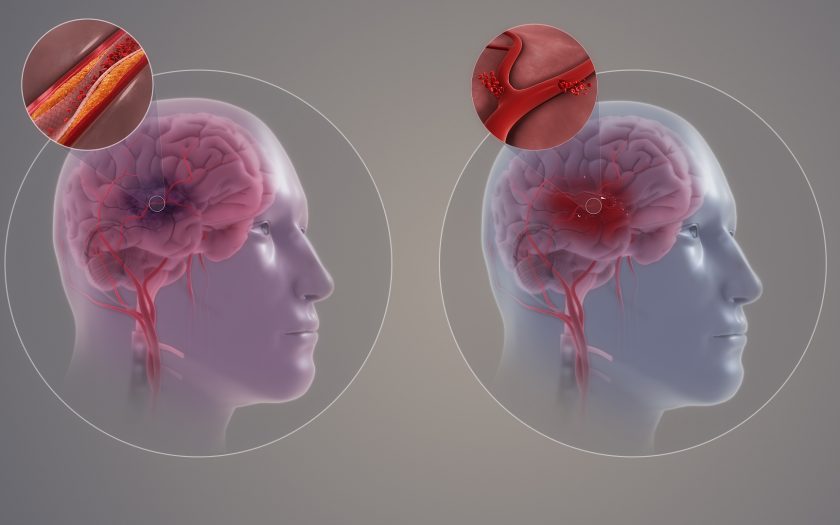Vitamin A.
This vitamin, like no other, promotes the growth of new cells. In addition, it has an antioxidant effect. Consumption of this vitamin allows the body to strengthen its defenses through the production of interferon. Without it, there is no synthesis of taurine, a substance responsible for the transmission of nerve impulses.
Foods containing vitamin A: butter, yellow fruits and leafy vegetables, carrots.
Vitamin C.
Ascorbic acid creates a barrier that protects against the entry of pathogenic bacteria into the body. This vitamin restores blood vessels, makes them elastic. Vitamin C is very necessary for hypertensive patients, as it quickly lowers blood pressure.
Foods containing vitamin C: citrus, sea buckthorn, black currant, kiwi, cauliflower, tomatoes, apples, rose hips, potatoes, sauerkraut.
But it should be noted that vitamin C in food is rapidly destroyed, so doctors often recommend taking it in the form of drugs such as Gold-Vit C 1000 Forte or Sodium Ascorbate Solution.
Vitamin D.
It strengthens the walls of blood vessels, preventing their rupture and hemorrhage into various tissues. It also reduces the risk of cholesterol plaques on the walls. Vitamin D prevents blood clots and lowers blood pressure.
Foods that contain vitamin D: fish, fish oil, butter, cheese.
Vitamin E.
Regular intake of vitamin E reduces the risk of recurrent stroke. It prevents oxygen starvation of brain cells, thereby preventing their necrosis. Talk to your doctor before taking the vitamin, as high doses of the drug can affect blood clotting. If the body does not receive the required amount of this vitamin (daily dose of 10 g), may develop impaired coordination.
Foods containing vitamin E: nuts, oatmeal, soy, greens, olive oil, eggs, milk, sea fish.
Vitamin P.
The main vitamin for capillary protection combines a group of flavonoids. This vitamin increases the elasticity of capillaries, reduces their permeability. It is also responsible for the normalization of blood composition, is involved in the recovery of brain cells after circulatory disorders.
Foods that contain vitamin P: buckwheat (buckwheat is better not to boil to preserve all trace elements), green walnuts, cabbage, chokeberry, grapes, raspberries, black currants, citrus fruits, rose hips.
Polyunsaturated fatty acids omega-3 and omega-6.
They are part of phospholipids and are involved in the construction of cell membranes. They have an antioxidant effect, neutralizing toxic oxidation products. Polyunsaturated fatty acids have three main functions in the body: protective, regenerating and inhibiting the development of cancer cells.
Foods containing omega-3 and omega-6 polyunsaturated fatty acids: fatty fish, seafood, legumes, walnuts, prunes, flax seeds.
All these vitamins are special substances that can neutralize the harmful effects of free radicals on the body, so-called antioxidants. Their regular consumption helps prevent recurrence of the disease.

